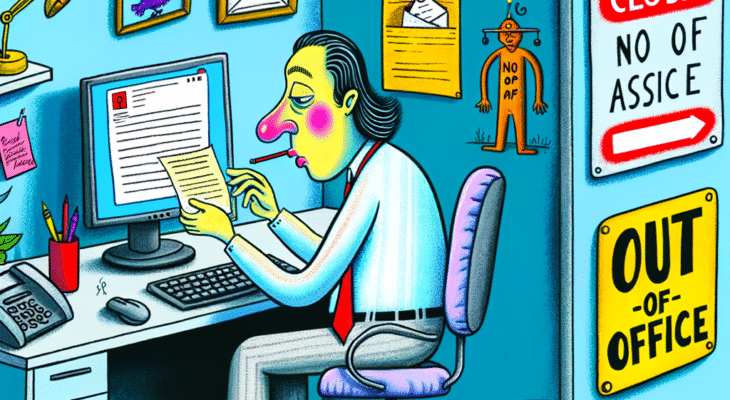Trump, AI, and the Threat of War: What’s Going On?

Introduction
Hey there! Have you heard about the recent buzz surrounding former President Trump and some pretty crazy AI-generated threats? It feels like we’re living in a sci-fi movie sometimes, doesn’t it? The latest post making waves online implied an impending war on Chicago, and to say people are upset would be an understatement. Let’s dive into this situation and see what all the fuss is about.
The AI-Generated Storm
So, what exactly sparked this uproar? It seems an AI tool whipped up a post featuring an ominous message from Trump, implying that Chicago is in for a dramatic showdown. The post was unsettling, showing a vision of the city descending into chaos—think “Apocalypse Now.” It claimed that Chicagoans would soon discover “why it’s called the Department of WAR.” Yeah, that’s a hefty declaration coming from any public figure, especially someone with Trump's reputation.
Public Reaction
Naturally, critics are calling it “unhinged” and “anti-American.” Many are worried about the potential consequences of such messages, even if they are generated by AI. The blending of politics and technology in this way raises some serious questions about responsibility and the impact these kinds of narratives could have.
What Does This Mean for Us?
For everyday folks like us, it’s a stark reminder of how technology intersects with our democratic processes. Are we prepared to handle AI content that can sway public opinion or stoke fear? It’s a bit of a double-edged sword—on one hand, AI can create engaging and informative content. On the other hand, it can also generate harmful misinformation.
A Digital Age Dilemma
Many of us probably agree on one thing: we need to tread carefully. Whether you lean left or right, it’s crucial to consider how such technologies can be misused. The internet is a powerful tool, and it’s our responsibility to sift through the noise and find credible sources. So what can we do? Here are a few suggestions:
- Stay informed. Follow reliable news sources that you trust.
- Engage in healthy discussions with friends and family about current events.
- Be critical of what you read online, especially if it provokes a strong emotional response.
Conclusion
In a world increasingly influenced by technology, it's important to remain vigilant. The situation surrounding Trump’s AI-generated war threat is just one example of how easily we can be impacted by digital narratives. So, what do you think? Is this just a passing trend, or should we be more concerned about the implications of AI in politics? I’d love to hear your thoughts!
Stay tuned for more intriguing discussions like this one! You can also check out our other posts on similar topics. Follow us on Twitter and Pinterest.


